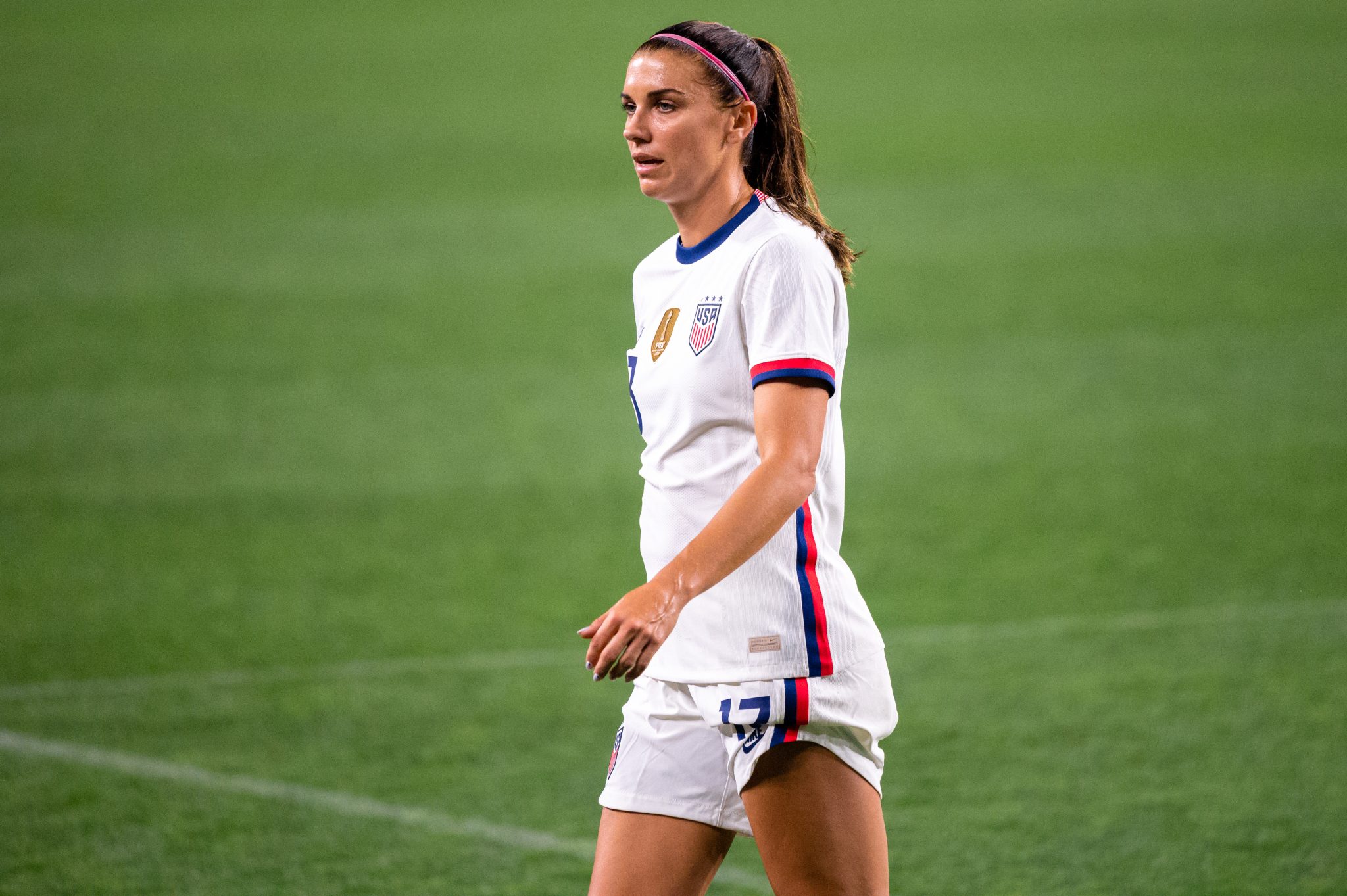Views expressed in opinion columns are the author’s own.
Women’s soccer has always been inherently intertwined with the politics of pay. It’s the nature of women’s sports to receive unequal funding and attention compared to their male counterparts. For years, the U.S. women’s national soccer team has been at the center of this debate. Last year, the team struck a collective bargaining agreement with U.S. Soccer that guaranteed equal pay.
The agreement was both a symbolic and monetary gain for women who have sacrificed so much and won three of the last six Women’s World Cups. Hopefully the victory paves the way for other federations to also guarantee equal pay — and serves as an ever-present reminder to do so, as this year’s World Cup kicks off in Australia and New Zealand.
But while equal pay dominates discussions about women’s soccer, another important piece of the puzzle often gets left out: long-term, dedicated investment in women’s programs across the globe.
Federations must invest in development of the women’s game from local, grassroots levels to the upper echelons of professional football. It’s what the growing sport requires to foster competition, increase viewership and provide role models to a new generation of children — role models that should come from all corners of the globe, not just the U.S.
The USWNT has historically dominated due to several factors. Among them, of course, is sheer athletic talent — but access to resources adds to the equation. Even though ‘90s stars like Mia Hamm and Brandi Chastain still played in men’s hand-me downs, they still had some funding. This is completely different from a country like Jamaica, which could only revive its team after Bob Marley’s daughter helped raise more than $300,000 for the program. The Reggae Girlz went on to qualify for their first Women’s World Cup in 2019.
Funding issues also exist in Canada, where the women’s team is embroiled in a battle with its federation for equal pay and better working conditions, and in Nigeria, where some players may not be getting paid at all.
These transgressions, coupled with subpar investment across the board, lead to few opportunities for women in soccer. And if players have to work a second job, it means lower-quality matches for viewers. It also means many young girls will grow up believing they can’t play soccer.
As a young female soccer player, USWNT players were my idols. I chose 13 for my jersey number as an homage to Alex Morgan. I watched match footage of Abby Wambach to improve my own skills. I religiously followed games because those players were huge sources of inspiration.
Other children — especially young girls — deserve the chance to watch their heroes succeed for their country. They deserve the chance to participate in the world’s most popular sport.
But there are many ways to ensure the USWNT will no longer be an anomaly in its high level of home country support. Federations should actually pay coaches to scout talent from an early age, create fair playing conditions, build training facilities, market the game to girls and dedicate time to growing the talent pool — all of which are simply “givens” for young male players.
Recently, we’ve seen how this kind of decades-long experiment pays dividends.
Portugal’s women’s team is playing in their first Women’s World Cup right now because the Portuguese Football Federation created plans to improve the sport at every level of competition. They started in 2014 with less than 4,000 female players nationwide — but after years of building up a grassroots youth soccer system, Portugal now has a pool of 15,000 players.
Support is building outside of Europe too. Morocco has invested in new infrastructure over the past decade — including high-quality pitches all over the country — and hired elite coaches to participate in a well-funded women’s league.
Because of this investment, there are eight new countries participating in the 2023 Women’s World Cup. Statistically, it’s the most competitive tournament to date, with many teams capable of vying for the coveted title. On top of that, viewership is predicted to smash previous records.Yes, equal pay is extremely important and necessary. But true investment into the women’s game will ensure that el jogo bonito thrives in the years to come.
Tara Davoodi is a sophomore government and politics major. She can be reached at tdavoodi@terpmail.umd.edu.



